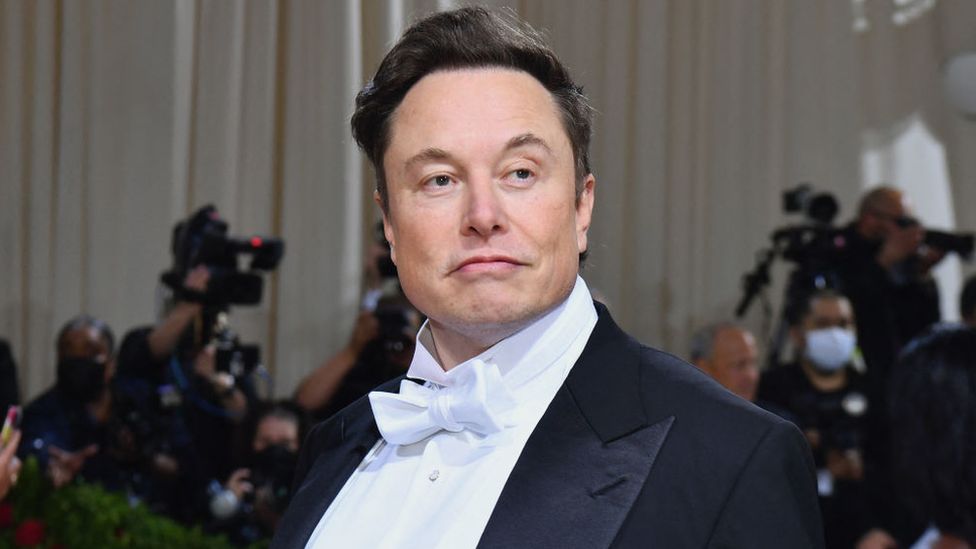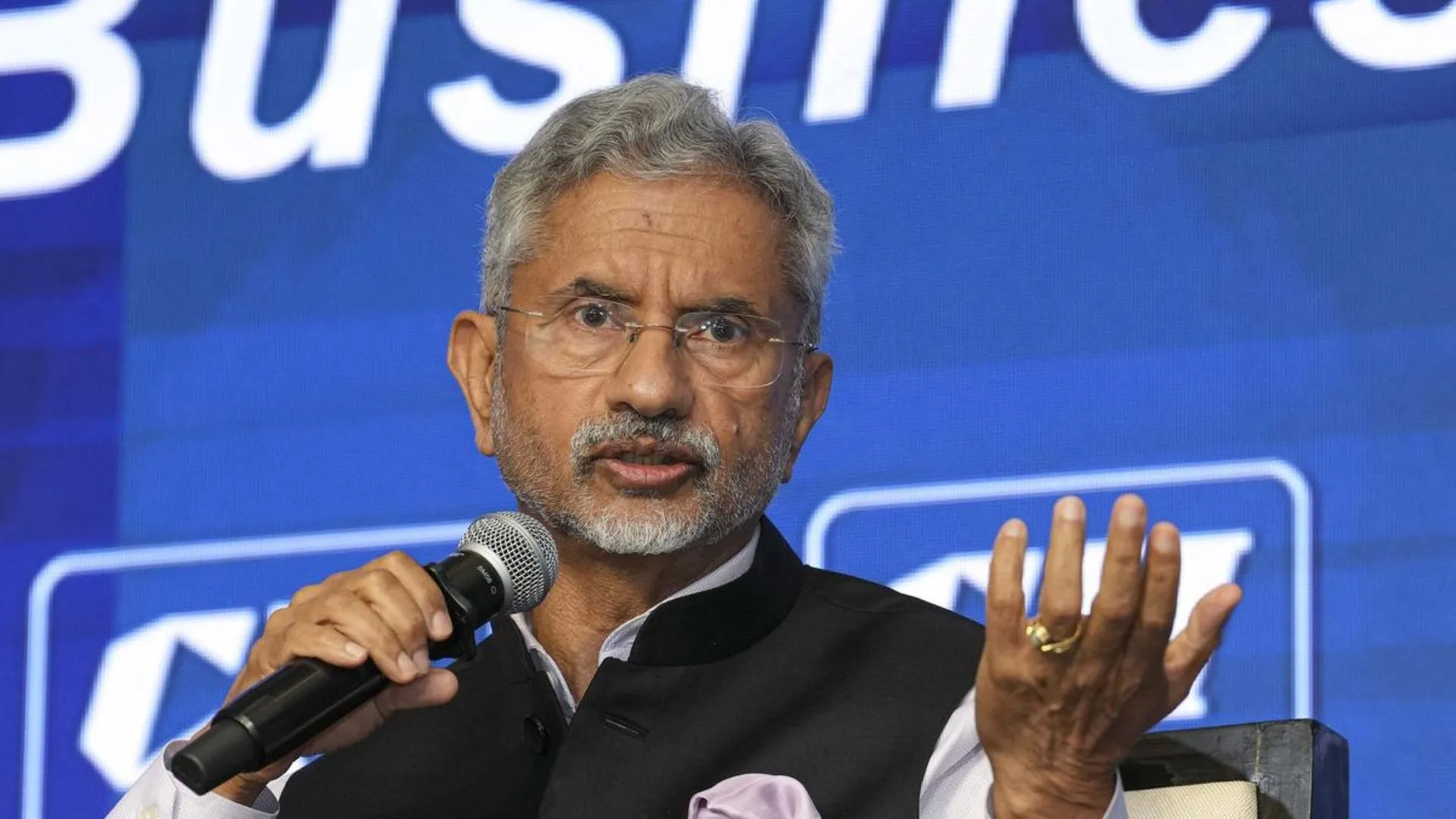One of the most present and potent crises staring at most advanced and developed nations is the anti-migrant sentiments and the rise of more and more far rights movements and political formulations that ride on these sentiments. Be it former President Trump calling to build the wall along the Mexican borders or countries like Poland and Hungary who have followed a very very tight border control regime despite prodding from the EU, or the controversial proposal in the UK to send the migrants arriving illegally by boats to Rwanda, the situation is on the boil. While immigrants are required to make up for falling birthrates in these countries to maintain and sustain their economies, the impact of non-assimilation of migrants from the MENA (Middle-East North Africa) region leading to threat posed to the very distinct cultures of the host countries has become a rallying point for anti-migrant activists.
So, when tech-billionaire Elon Musk claimed people should have more babies to ensure their “culture” doesn’t “disappear” before raging about a “woke” virus at a right-wing event in Italy, it raised a storm. He was roundly condemned for falsely prophesising an imminent ‘population collapse’. The fact is that close to 8 billion people on Earth and growing is hugely unsustainable.
Musk was speaking at the Atreju festival, hosted by the far-right Brothers of Italy party of Italian prime minister Giorgia Meloni, on 16 December 2023 in Rome. Italy is facing a crisis of unparalleled proportions. In 2022, the number of births in a year fell below 400,000 – representing an average of 1.25 babies per woman (replacement level is 2.1). His comment was premised on preserving the ‘culture’ of Italy and the fear that such drastic fall in Italian births may end up with disappearance of ‘Italian culture’.
Culture as the locus draws from the view that the legitimacy of a nation-state’s rule over a territory and over the population inhabiting it stems from the right of a core national group within the state (which may include all or only some of its citizens) to self-determination. Much is brandied about European cultures and the American way of life which each of these nation states or Unions strive to promote, cultivate and protect.
As a political ideal, nationalism aspires to a congruence between state borders and the boundaries of the national community, so that the national group is contained in the territory of its state and the state contains only that nation. However, in reality, the borders of states and the boundaries of nations usually only partly overlap: not all residents of the state belong to the core national group (sometimes not even all citizens are part of the nation, like the 2 million Arabs residing in the state of Israel), and many a time, members of the nation reside in other states (like the Russian speaking oblasts of Donetsk, Kherson, Luhansk, and Zaporizhzhia of Ukraine now annexed by Russia).
The lack of congruence between state and nation has given rise to ethnic cleansing (like the mass killing and forced migration of Bengalis from East Pakistan during the Bangladesh war of independence in 1971 and of Kashmir Pandits from the valley since 1990s), genocide (by Nazi Germany against the Jews and by the Hutu government of Rwanda against the Tutsi people in 1994) and wars (Ukraine, Nagorno-Karabakh in Azerbaijan).
Increasingly, because of wars, famine, climate change and oppressive regimes, there have been mass migrations to the US, Europe and to Asian countries like Turkey. These have tended to increase cultural and ideological fragmentation and tension, especially in cases where the immigrants’ religion and culture are very different from those of the host society, and where immigrants do not assimilate. The situation is further exacerbated by a change in people’s behaviour influenced by wokeism.
A modelling study, published in July 2020 in The Lancet, forecasts dramatic declines in working-age populations in countries like Japan, Thailand, Italy, and Spain which will see populations shrink by more than 50%. However, the population of sub-Saharan Africa could triple, allowing for just under half of the world’s population to be African by the end of the century. North Africa and the Middle East is the only other region predicted to have a larger population in 2100 than in 2017, with a predicted 978 million compared to 600 million. The dynamics of inevitable migration may completely unhinge the nation-state compacts of today, wiping out cultures we hold dear.
Falling birthrates and rising arrival of immigrants, especially from the Middle East and North Africa to Europe has set up a classic case of clash of civilisations. The flashpoints are already visible in countries like France, Sweden and Belgium. The main driver of the anti- immigration movement in Europe is the symbolic threat that immigrants present to the national culture and values. The fear of being culturally and economically overwhelmed by immigrants has led to Giorgia Meloni of Italy, Le Pen of France and Geert Wilders of Netherland riding on the anxiety of their dominant ethnopolitical communities to safeguard their distinct culture.
For us Indians, home to the most populous nation on the planet, Musk’s diatribe can seem to be completely misplaced, struggling as we are, to feed our teeming millions. But there are warning signs that shouldn’t be ignored. Indian fertility rates have been trending downward for the last two decades as the country grew richer, underwent rapid urbanization, and rolled out programs that provide contraceptives and promote family planning and education.
The National Family and Health Survey (NFHS-5) released on 24 November 2023 shows the TFR falling below the replacement level of 2.1 to 2. Higher the level of a woman’s educational attainment, the fewer children she is likely to bear along with delayed marriage and childbearing. The urban fertility rate is lower at 1.6.
Grihastha life which can be called as a married life plays a vital role in our society. For Hindus birth of child is considered to be essential and also pathway to attain salvation. For continuing the family chain or sustain a culture and a society, procreation is needed. Musk may have a point.

















